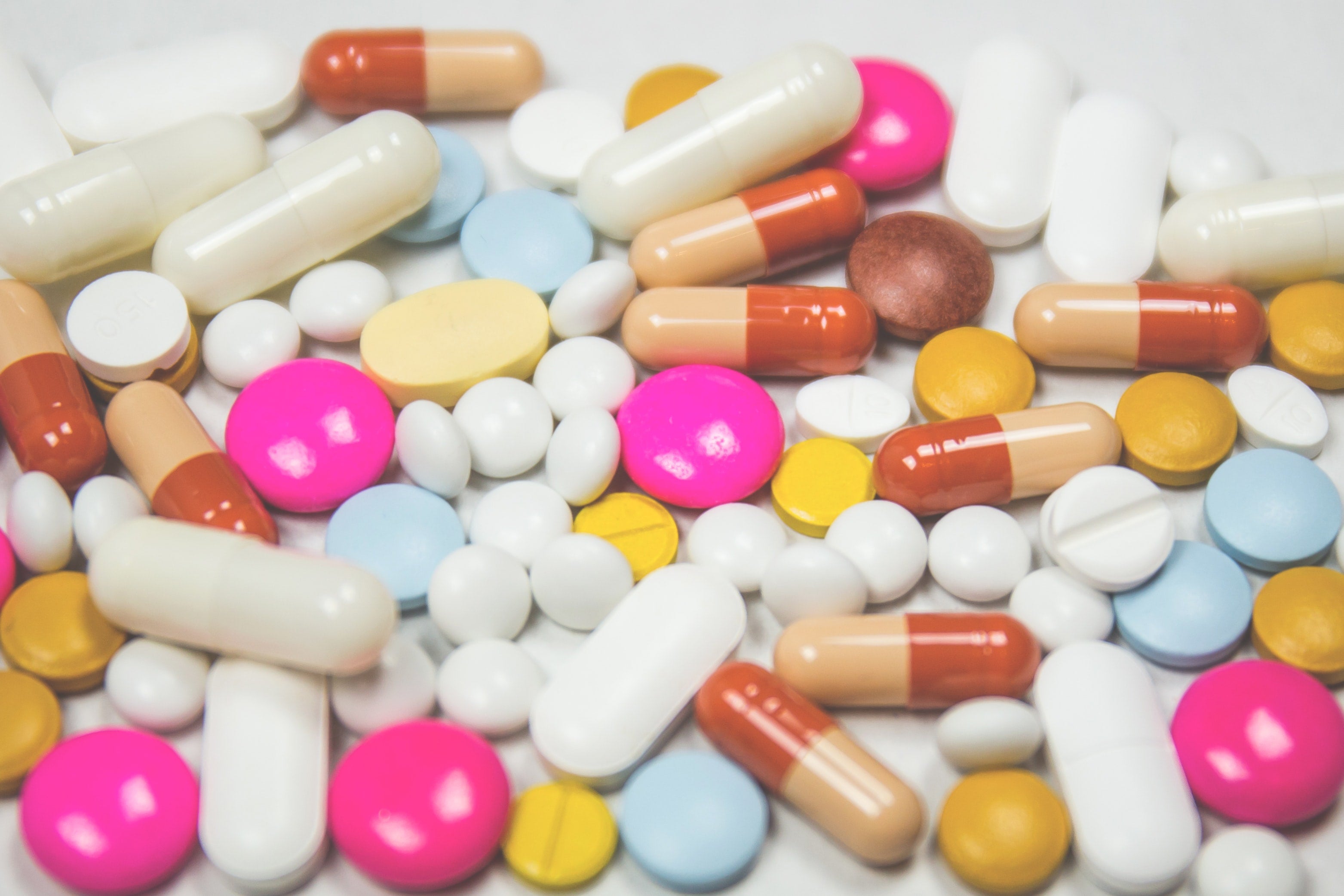3 Best Vitamins For Mental Health
Are you suffering from stress, anxiety, or other mental health issues? Are you lacking the vitamins and nutrients your body needs to keep up good spirits?
Why it's essential to be mindful of your mental well-being?
Mental health problems are widespread because people's lives have become more complicated than ever. It makes loving home care for mental health essential to living everyday life without worrying about mental health. Mental health problems are often linked with the balance of certain hormones in our body like dopamine, serotonin, and norepinephrine. These hormones impact many bodily functions, including mood, behavior, and sleep. A balanced chemical state helps you think more clearly, manage stress better and enjoy a healthy emotional life.
Mental health is essential because it determines how you think, feel, and act daily. The right food can help achieve mental fitness.
Vitamins play an essential role in regulating mood. These natural compounds help create neurotransmitters such as serotonin and dopamine—the feel-good chemicals that control our emotions and behavior―and support their function. If we're deficient in specific vitamins, it can lead to feelings of unease and tension.
It's also important to note that certain lifestyle choices can contribute to vitamin deficiency: poor diet, alcohol, and drug abuse, smoking, lack of exercise, the list goes on. So if you notice these habits are taking a toll on your emotional wellness, consider supplementing with vitamins for mental health.
3 Best Vitamins For Mental Health:
Vitamin B-6 (pyridoxine)
Our mood and emotions are regulated, in part, by the amino acid tryptophan, which we convert into serotonin and then melatonin. Vitamin B-6 helps with this process because it is required for tryptophan hydroxylase, an important enzyme that aids in this conversion. Vitamin B-6 deficiency can lead to anxiety and depression because of its effect on serotonin levels. The University of Maryland Medical Center recommends supplementing your diet with 25 mg to 50 mg per day for adults suffering from depression or stress, citing a study that found "reduced vitamin B-6 concentrations were associated with increased depressive symptoms."
Vitamin B-12 (methylcobalamin)
All B vitamins help the body metabolize carbohydrates into glucose, fueling our nervous system. Vitamin B-12 works with folic acid and vitamin C to create serotonin, so your mood can be negatively affected if you're deficient in it. Symptoms of B-12 deficiency include mental confusion, lethargy, weakness, numbness or tingling in the hands or feet, depression, irritability…the list goes on. You may also notice an increase in allergic reactions to certain substances because low levels are associated with reduced production of antibodies that fight allergens—so be sure to get at least three mcg per day from fortified foods like breakfast cereals or nutritional yeast.
Vitamin D
Finally, vitamin D has been the subject of much research in recent years because it regulates mood and can help treat depression. It also helps regulate the production of serotonin, dopamine, and norepinephrine, three neurotransmitters that influence mood. Vitamin D deficiency is more common than you might think: according to the Centers for Disease Control and Prevention, nearly 50% of U.S. citizens are deficient in this critical vitamin—and since it's not found naturally in many foods, you'll need to take a supplement or get your daily dose from exposure to sunlight (so make sure you get outside today!).
Wrapping Up!
Vitamins and other micronutrients are an essential part of health and well-being. If we don't get enough vitamins and other nutrients, we become sick. Conclusion: there is a lot of research that suggests that certain vitamins can help with mental health and help prevent conditions like depression and anxiety. These three vitamins specifically have been found to help with these conditions.
Natural supplements are the safest way to alleviate mental health issues, especially taking medication. They can also help boost your mood by giving your body what it needs to produce these feel-good chemicals—all without side effects.

